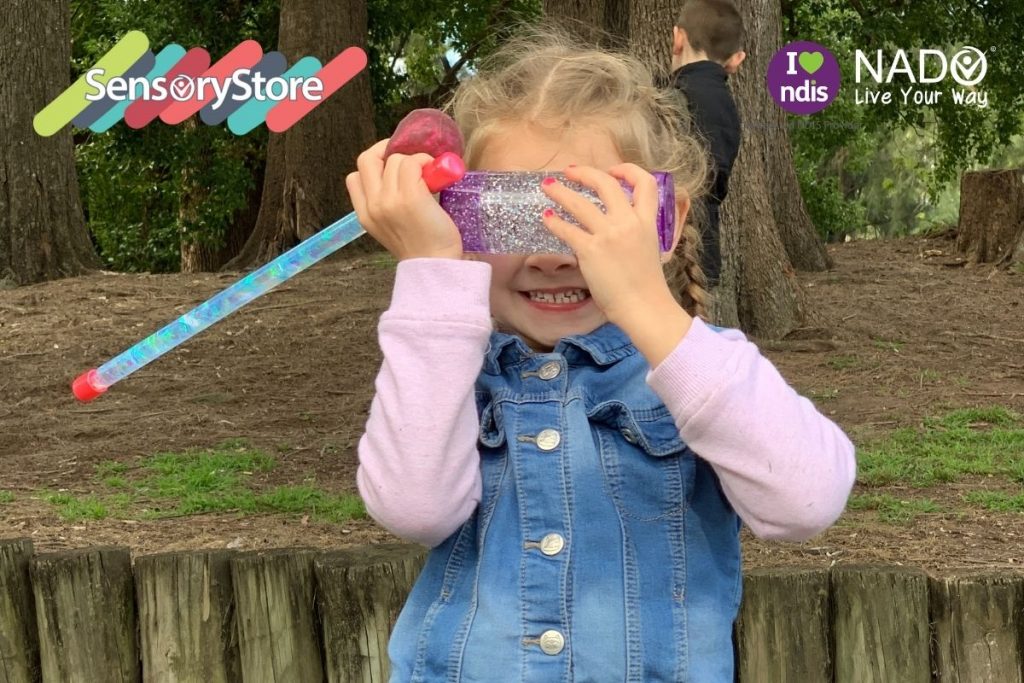
Sensory Processing Disorder (SPD) is a complex disorder of the brain that affects developing children and adults. People with SPD can misinterpret everyday sensory information, such as touch, sound and movement. They may feel overwhelmed by sensory information, may seek out sensory experiences or may also attempt to avoid certain situations.
Sensory play is encouraged from a young age and allows children to explore and investigate, whilst having the opportunity to form a hypothesis, experiment and make a conclusion. This process allows the person to refine their thresholds for different sensory information and learn which ones are useful and which ones can be filtered out.
While most sensory products focus on the five main senses; taste, touch, smell, sight and hearing there are two others that are vitally important, which include body awareness and balance.
There are various benefits of sensory toys and tools which focus on promoting touch, increasing concentration, reducing anxiety, developing fine motor skills and encouraging language skills.
When looking at sensory support tools that help to promote the sense of touch, there are many on the market, however generally all of them have the main aim to provide a squishy, stretchy, bumpy and tactile experience that gives the holder an opportunity to experience and learn about a range of different textures.
When a person experiences new textures, tastes and sounds, it can also enable and encourage language skills.
For those who may struggle to focus or retain attention, there are items available that help to promote focus and concentration skills. These can include items such as liquid timers that create a mesmerising effect or fidget tools that provide sensory input in a less distracting way, for example in a classroom or a learning environment. Chewable Jewellery is also an effective but discreet method that can support in areas relating to concentration and focus.
Many sensory toys also provide proprioceptive input, the kind of sensory input that lets us know where our bodies are in space. Weighted toys, lap mats, blankets and sleep systems can help to provide this kind of input to people and help to calm in situations of anxiety and sensory overload.
People with disability, young children or those whom are on the autism spectrum can sometimes struggle with fine motor skills, which are an essential part of everyday life. Fine motor skills involve the use of the smaller muscle of the hands, used commonly in activities like using pencils, doing up buttons or opening a lunch box. Sensory toys allow people to strengthen and develop their fine motor skills in a fun and engaging manner.
A high sensitivity to both light and sound can also be common in people with SPD. There are both audio and lighting visual aids available that assist in calming and soothing, including sound reducing earmuffs and night lights to use at bedtime.
The Sensory Store provides a wide range of therapy tools and sensory toys that can help to support people of all ages and abilities. It is owned and operated by NADO, a registered NDIS Provider that has over 40 years of experience within the disability sector.
References: Star Institute, SPD Australia


